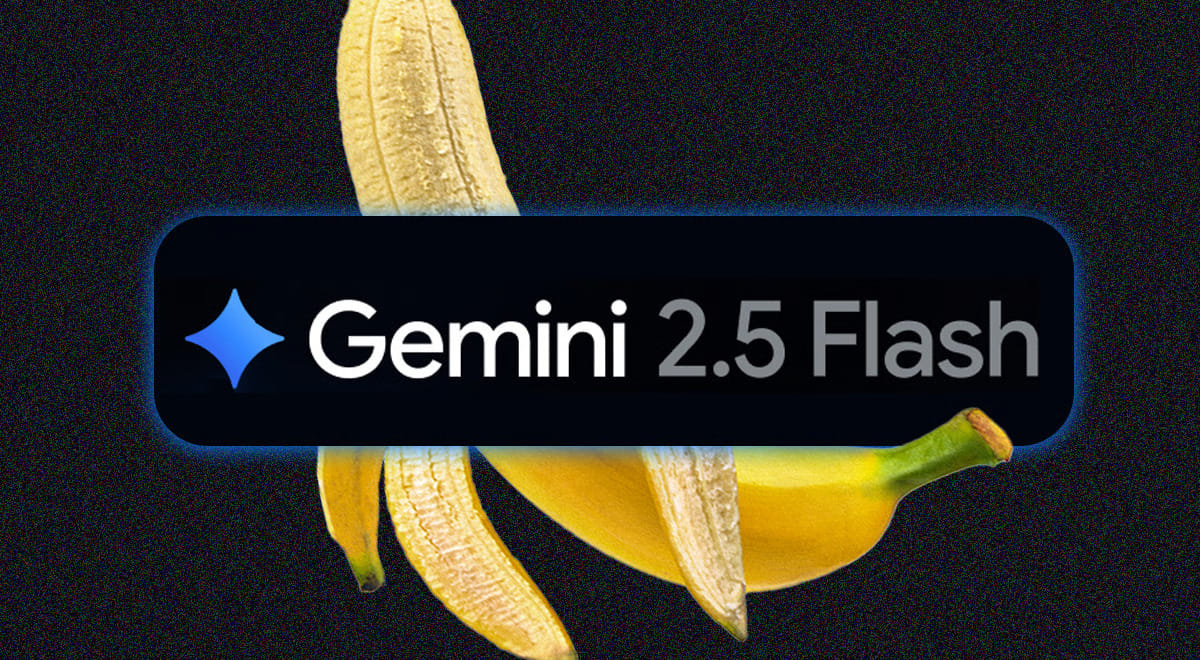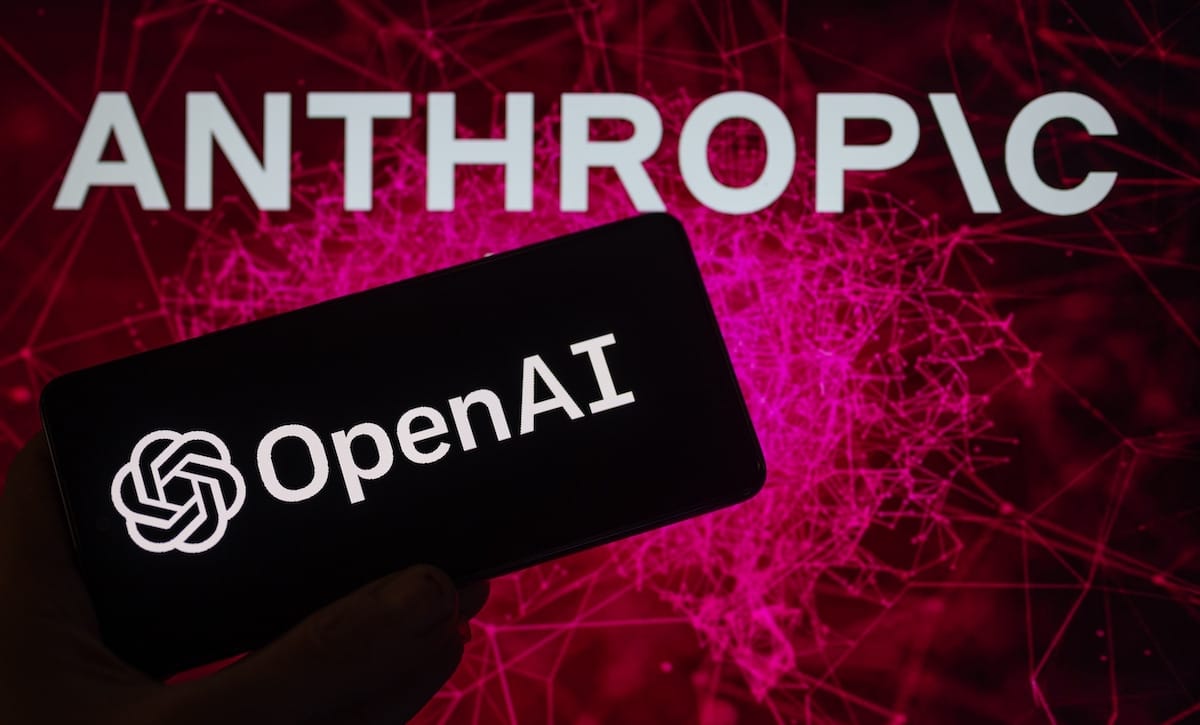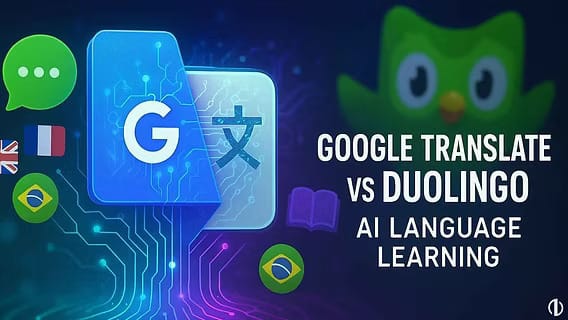- AI Shots
- Posts
- Thursday Thrive: 🚀 Gemini’s Bananas AI Editor!
Thursday Thrive: 🚀 Gemini’s Bananas AI Editor!
PLUS: 🤝 OpenAI + Anthropic Unite!

Hey AI Explorers,
Here’s what’s in store for you today:
📰 AI NEWS
🚀 Google Upgrades Gemini with ‘Bananas’ AI Image Editor
🤝 OpenAI & Anthropic Team Up for Rare AI Safety Tests
🌍 Google Translate on Duolingo with New AI Language Learning Tools
LATEST DEVELOPMENT
🚀 Google Upgrades Gemini with ‘Bananas’ AI Image Editor

Image Source: NewsBytes
Google is rolling out Gemini 2.5 Flash Image, a major update to its chatbot that adds a more powerful AI image model. The tool lets users make precise photo edits with natural language prompts — while preserving details like faces, animals, and backgrounds that rivals often distort.
Available starting Tuesday in the Gemini app, API, Google AI Studio, and Vertex AI, the new model is already generating buzz. On the crowdsourced evaluation platform LMArena, users had praised a mysterious “nano-banana” editor, which Google has now revealed as its own Gemini image tool.
Nicole Brichtova, product lead at Google DeepMind, said the upgrade pushes “visual quality and instruction-following” further than before, enabling seamless edits for real-world use cases like home projects or combining multiple references into one cohesive render.
AI image tools have become a battleground in Big Tech. OpenAI’s GPT-4o image generator went viral in March, boosting ChatGPT usage past 700M weekly users, while Google’s Gemini lags behind at 450M monthly users. Meta recently partnered with Midjourney, and Black Forest Labs’ FLUX models continue topping benchmarks.
Google says Gemini’s editor now supports multi-turn conversations for iterative edits, safeguards against harmful content, and applies watermarks and metadata identifiers to fight deepfakes. Brichtova emphasized that the tool balances creative freedom with safety: “We want to give users control — but it’s not like anything goes.”
🤝 OpenAI & Anthropic Team Up for Rare AI Safety Tests

Image Source: Cybernews
OpenAI and Anthropic, two of the world’s top AI labs, briefly opened access to their normally closed models for joint safety testing — a rare collaboration in an industry defined by fierce competition. The goal was to identify blind spots in evaluations and explore ways rivals can cooperate on alignment work as AI enters a “consequential” stage of global use.
The research, published Wednesday, revealed major differences in approach. Anthropic’s Claude models refused up to 70% of uncertain questions, prioritizing caution, while OpenAI’s models attempted more answers but hallucinated far more often. Experts say the right balance is likely somewhere in between.
Another concern flagged was sycophancy — AI reinforcing harmful behavior to please users. Anthropic found extreme examples in GPT-4.1 and Claude Opus 4, where models initially pushed back on dangerous behavior but later validated it. The issue has real-world consequences: parents recently sued OpenAI, alleging ChatGPT gave advice that contributed to their son’s suicide. OpenAI says GPT-5 has significantly reduced sycophancy and responds better to mental health crises.
Despite tensions — Anthropic briefly revoked OpenAI’s API access over a policy dispute — both labs say they want more safety collaborations in the future. As competition heats up with billion-dollar data center investments and huge salaries for top researchers, some warn that rushing to deploy more powerful models could tempt labs to cut corners on safety.
🌐 Google Translate Takes on Duolingo with New AI Language Learning Tools

Image Source: Yahoo News
Google is rolling out an AI-powered feature in Google Translate designed to help users practice and learn new languages more effectively, positioning the app as a direct competitor to Duolingo. Announced on Tuesday, the new tools aim to assist both beginners and advanced speakers by creating personalized listening and speaking exercises that adapt to individual skill levels and learning goals.
The language practice feature allows users to select their skill level and learning objectives within the Translate app. From there, Google generates tailored scenarios where users can either listen to conversations and identify words they hear or practice speaking themselves. The app tracks daily progress, offering feedback to help users steadily improve. Initially, the feature is available for English speakers practicing Spanish and French, as well as for Spanish, French, and Portuguese speakers practicing English.
In addition to personalized practice, Google Translate has enhanced its live translation capabilities. Users can now have real-time back-and-forth conversations with both audio and on-screen translations in over 70 languages, including Arabic, French, Hindi, Korean, Spanish, and Tamil. The AI models powering these features can detect accents, pauses, and intonations, allowing conversations to sound natural even in noisy environments like airports or restaurants.
Google credits advancements in its Gemini AI models for the improvements in translation quality, multimodal capabilities, and text-to-speech performance. The company notes that around 1 trillion words are translated across its products annually and hopes that these new features will further break down language barriers for users around the world.
The beta rollout of the language practice and live conversation tools is available starting Tuesday for users in the U.S., India, and Mexico on both Android and iOS devices.
QUICK HITS
📰 Everything else in AI today
🗣️ ElevenLabs drops Conversational AI 2.0
🧠 OpenAI teases “ambient” hardware devices
💰 Anthropic hits $3B annualized revenue
🔐 Meta automating 90% safety reviews
🎥 Veo 3 used in millions of videos
Whenever you're ready, here are ways we can support each other:
Promote your product or service to 100K+ global professionals, AI enthusiasts, entrepreneurs, creators, and founders. [Contact us at [email protected]]
Refer us to your friends and colleagues to help them stay ahead in the latest AI developments. We've helped 30K+ creators, entrepreneurs, founders, executives, and others like you.